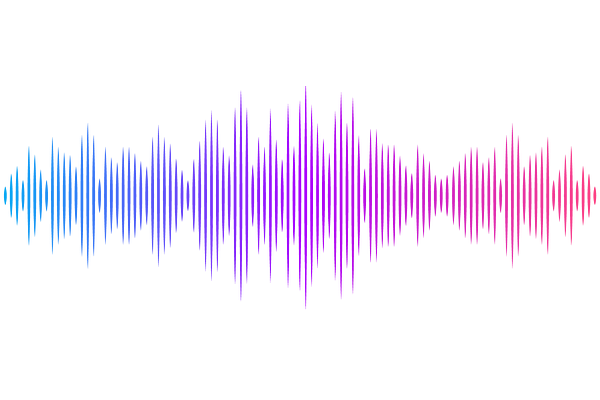Activation of a Src-JNK pathway in unscheduled endocycling cells of the Drosophila wing disc induces a chronic wounding response

Activation of a Src-JNK pathway in unscheduled endocycling cells of the Drosophila wing disc induces a chronic wounding response
Huang, Y.-T.; Calvi, B. R.
AbstractThe endocycle is a specialized cell cycle during which cells undergo repeated G / S phases to replicate DNA without division, leading to large polyploid cells. The transition from a mitotic cycle to an endocycle can be triggered by various stresses, which results in unscheduled, or induced endocycling cells (iECs). While iECs can be beneficial for wound healing, they can also be detrimental by impairing tissue growth or promoting cancer. However, the regulation of endocycling and its role in tissue growth remain poorly understood. Using the Drosophila wing disc as a model, we previously demonstrated that iEC growth is arrested through a Jun N-Terminal Kinase (JNK)-dependent, reversible senescence-like response. However, it remains unclear how JNK is activated in iECs and how iECs impact overall tissue structure. In this study, we performed a genetic screen and identified the Src42A-Shark-Slpr pathway as an upstream regulator of JNK in iECs, leading to their senescence-like arrest. We found that tissues recognize iECs as wounds, releasing wound-related signals that induce a JNK-dependent developmental delay. Similar to wound closure, this response triggers Src-JNK-mediated actomyosin remodeling, yet iECs persist rather than being eliminated. Our findings suggest that the tissue response to iECs shares key signaling and cytoskeletal regulatory mechanisms with wound healing and dorsal closure, a developmental process during Drosophila embryogenesis. However, because iECs are retained within the tissue, they create a unique system that may serve as a model for studying chronic wounds and tumor progression.